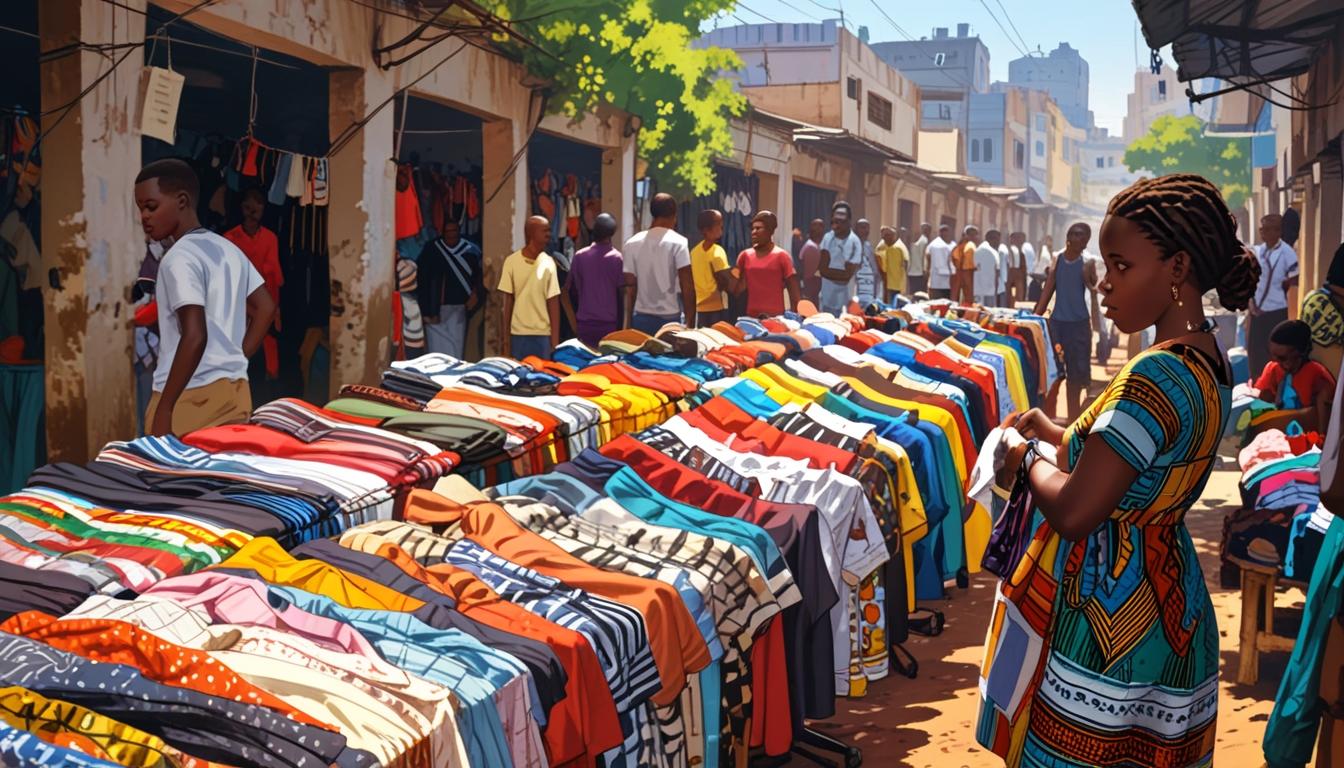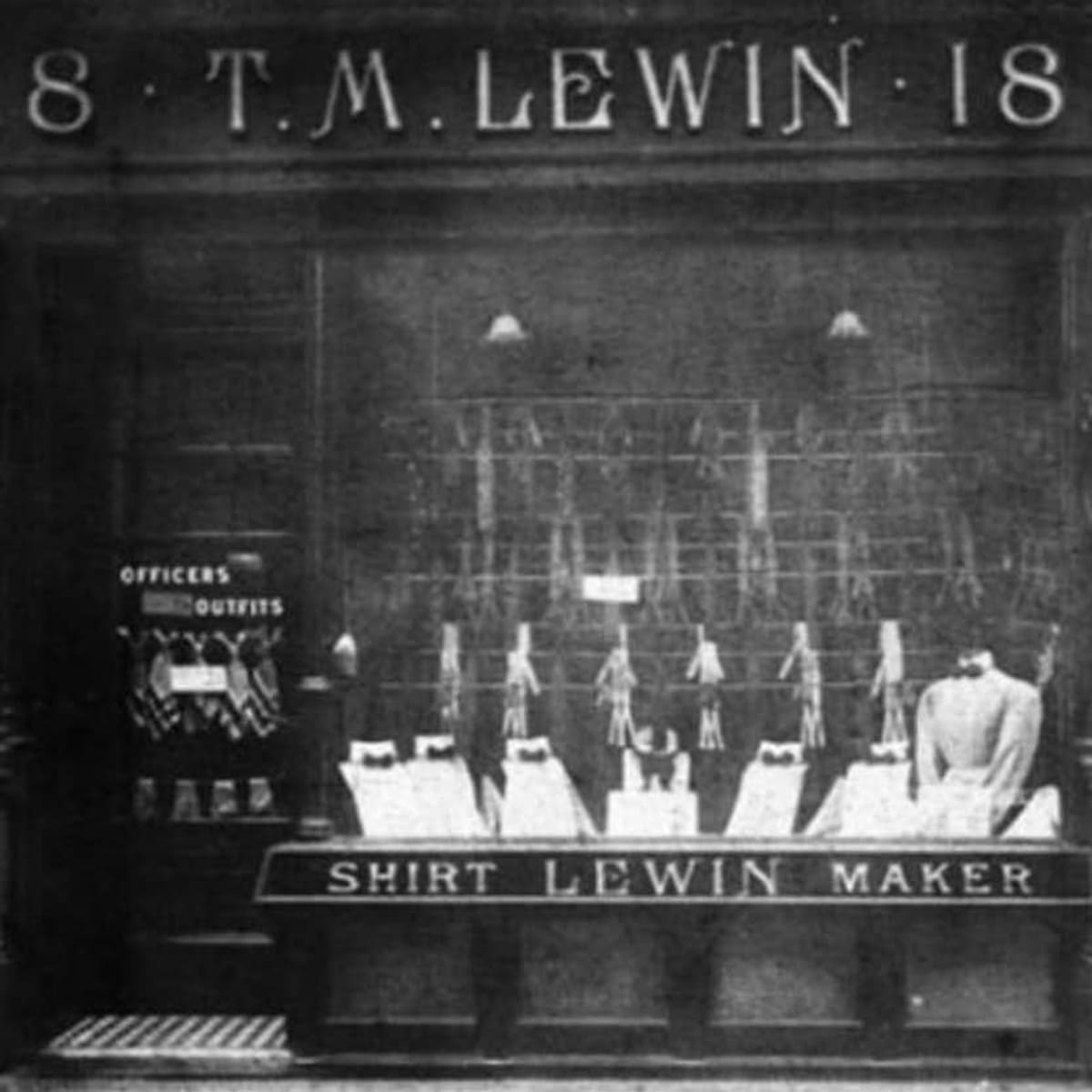A study reveals that 85% of Mozambique’s population relies on second-hand clothing due to affordability and economic implications.
A recent study by Consulting for Africa (CFA) Abalon Capital Limitada, commissioned by ADPP Moçambique, has revealed that at least 85% of Mozambique’s estimated 34 million inhabitants rely on second-hand clothing. The findings were publicly presented on Wednesday in Maputo and highlighted various factors driving this trend, particularly the significant cost difference, as second-hand clothes can be ten times cheaper than new garments.
The research, titled “Current Status of the Second-Hand Clothing Market in Mozambique,” indicates that the country imports approximately 5,000 tons of used clothing annually, of which about 4,000 tons are successfully sold. The remaining 1,000 tons are deemed unsuitable for resale and are either discarded or repurposed.
Orlando Mapute, a program officer at ADPP Mozambique, noted in comments reported by the Agência de Informação de Moçambique (AIM), “ADDP imports around 1,000 tons of second-hand clothing each year.” The significant financial implications of this trade were also discussed, with Mapute stating that the importation and sale of second-hand clothing generate substantial revenue for the state, averaging around $35 million annually.
The importance of this sector extends beyond revenue generation for the government; it also plays a critical role in employment. The study indicates that the second-hand clothing industry currently provides jobs for 288,000 people in Mozambique, with over 55% of these workers being women.
In the broader context of the Southern African Development Community (SADC), Mozambique is a key player in the importation of used clothing, standing at 19% of total imports. Tanzania leads this statistic at 23%, while the Democratic Republic of the Congo ranks third with 17%.
The study’s findings underscore not only the economic impact of the second-hand clothing market in Mozambique but also its social implications, highlighting the significance of affordable clothing options for a substantial portion of the population.
Source: Noah Wire Services




